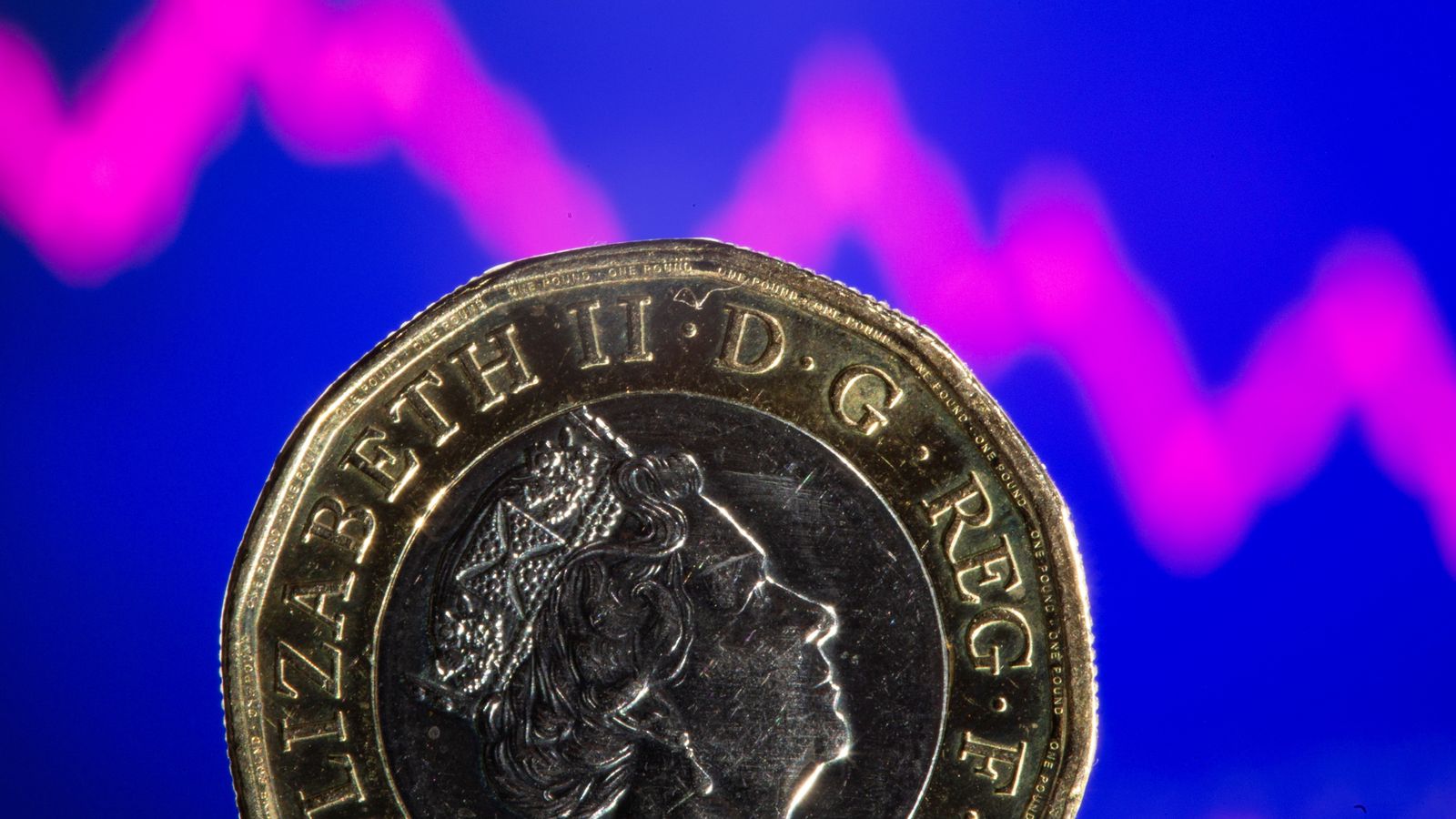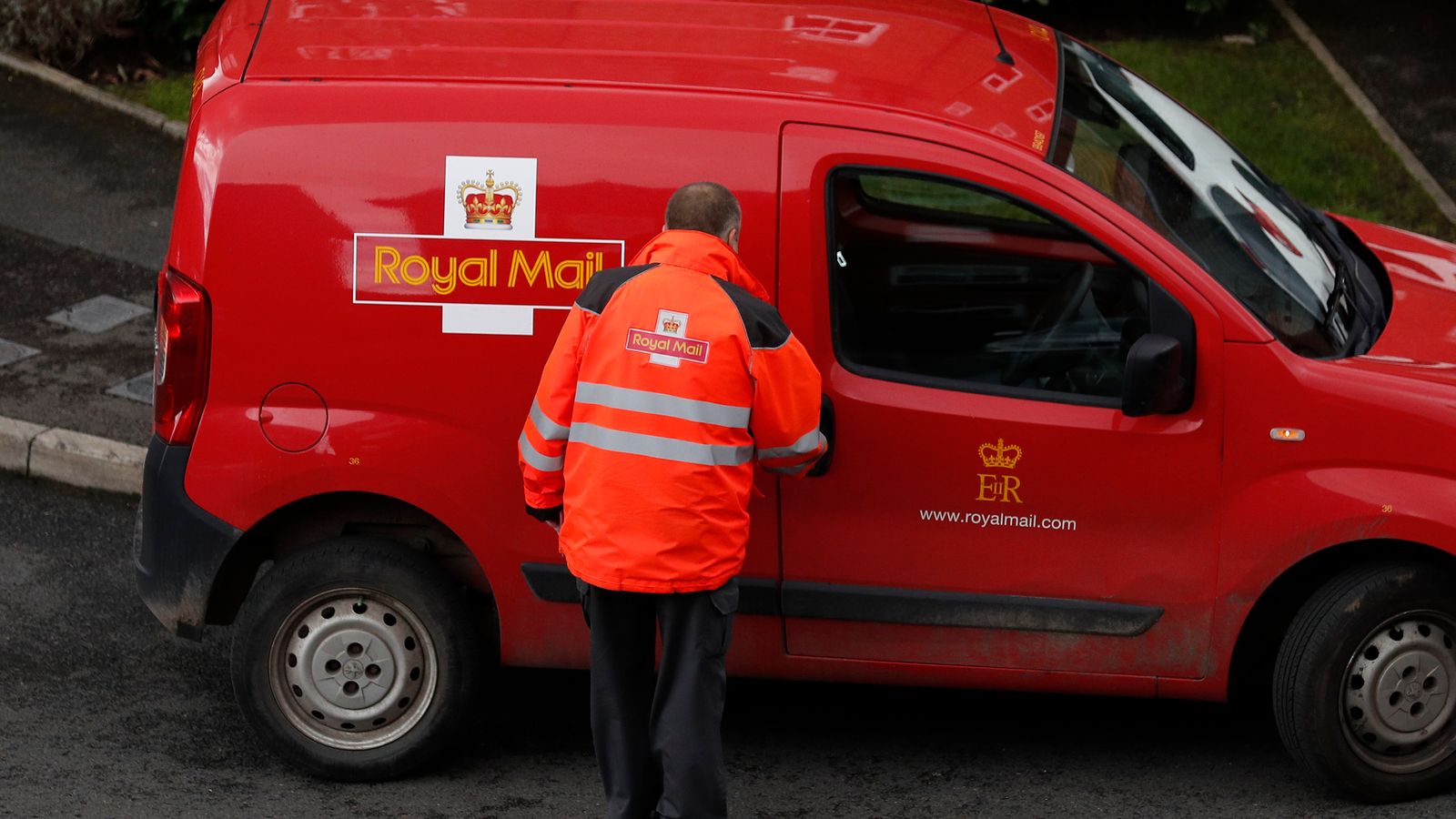The pound is heading for its biggest six-month drop against the US dollar since 2016, the year of the Brexit referendum.
Sterling had fallen 0.46% to $1.2127 by mid-afternoon on Wednesday, its lowest level since 16 June, when the Bank of England raised its key policy rate by 25 basis points to 1.25%.
The pound has fallen more than 10% against the dollar this year, its performance hampered by fears of a major economic slowdown, surging inflation, and growing uncertainty about the consequences of Brexit.
Cost of living latest: If you earn less than £41,389 your take-home pay is about to go up
Also on Wednesday, Swati Dhingra, who will become a Bank of England policy-maker in August, said there is room for a gradual approach to raising interest rates.
The bank has raised interest rates five times since December, mostly by a quarter of a point each time, in an effort to fight inflation.
But inflation hit a 40-year high of 9.1% in May and some of the bank’s policymakers say the rate rises should have been bigger.
Royal Mail managers vote to strike as Britain’s summer of disruption set to get worse
Steel tariffs: Two-year extension despite plea for imports from manufacturers
De La Rue chief has licence to print his money, top investor says
Ms Dhingra, an associate professor at the London School of Economics, will succeed one of those policymakers.
Speaking before a parliamentary committee scrutinising her appointment, she said she might have supported a half-point rise at this month’s meeting but now thought that would have been a mistake.
She said: “In hindsight, I think that maybe there is some room for a very gradual approach here.
“Newer data is starting to show that possibly a slowdown has become much more imminent than we thought before.”
City Index analyst Fawad Razaqzada told Reuters: “The pound continues to be sold as worries about a sharp economic slowdown outweigh risks of runaway inflation.
“This has given rise to expectations that the BoE will front load rate hikes, before stopping and potentially reversing the rate increases.”
He said Ms Dhingra had “gone one step further by saying that the central bank will need to tighten its belt very gradually going forward”.
‘Economy beginning to slow’
Meanwhile, Bank of England Governor Andrew Bailey said it is “very clear” the economy is beginning to slow, adding that the bank will not necessarily have to act “forcefully” to control inflation.
Follow the Daily podcast on Apple Podcasts, Google Podcasts, Spotify, Spreaker
He told a European Central Bank event in Portugal: “There will be circumstances in which we will have to do more.
“We’re not there yet in terms of the next meeting.
“We’re still a month away, but that’s on the table.
“But you shouldn’t assume its the only thing on the table, that’s the key point,” he added.










